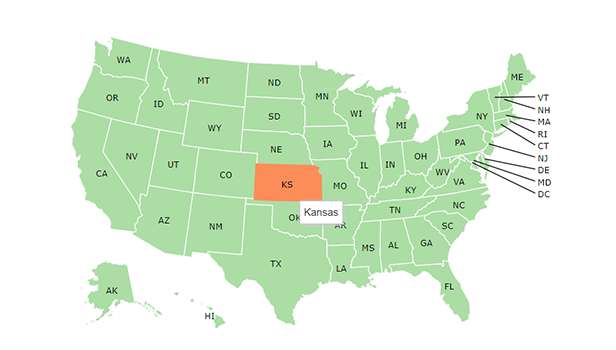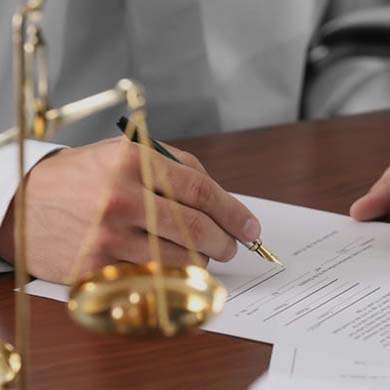File Small Claims Court in Kansas
In Small Claims Court of Kansas, any individual, business or corporation may bring a small claims suit for the recovery of money when the amount requested is $4,000 or less. Even if you have a claim for a slightly greater amount, you may choose to voluntarily limit it to $4,000 in order to take advantage of the small claims court procedure. Attorneys are not allowed. A person filing must be 18 years of age or be represented by someone 18 or over. The person being sued must be 18 years of age. There cannot be more than ten (10) small claims cases filed by one individual or business in this court during any calendar year.

To FILE your case and SERVE the Defendant, the price for this state is$74.95.
Kansas Small Claim Filing
Why do you waste your time energy after a small claim? We are here to take pain for you. We are literate enough about the Small Claims Court System. We will get your claim filed and make you free from worries. We file Kansas Small Claim in the relevant court. We provide proof after the task is completed. Our policy provides individuals and companies peace of mind.
Suing Someone in Kansas Court Or Being Sued?
We, in Kansas Small Claim filing offer in case if you want to file a case against somebody, we can help by:
- Serving Your Small Claims Papers Before The Deadline.
- Serve Your Claim In Proper Legal Way for Kansas Court.
- Fill Your Proof With The Stilwell Court.


In case you are sued, we talk to the relevant person or company to settle things down. We appeal your small claim judgment as well.
E-Filing Services inKansas
Small Claim Kansas E-file your legal documents to Kansas courts that accept E-Filling on your behalf.
Small Claims For Bad Cheque Or Payment in Kansas
Kansas Small Claim settles all money matters reliably and authentically if you are deceived in money matters.
Recent Cases Filed in Kansas Small Claims Court
File Small Claims in Stilwell For Security Deposit
In Kansas Small Claim, if your former landlord refuses to return the security deposited you paid, we offer our services.
Kansas Small Claims Filing if Refusing To Pay After A Car Accident
If someone ruins your car in Kansas and refuses to pay for its repair, you can file small claims to recover your car accident damage. Small claims filingprepares all the documents to file a small claim in Kansas court.
Direct Legal Small ClaimService inKansas
We provide full service of handling of writs both state and federal.
Court Filling Small Claim Kansas Services
Throughout Kansas in the small claims, we offer services to accommodate on the same day, next day or routine service.
Who Can Sue Small Claim In Court Kansas?
Those who can claim for Small Claim Kansas are listed below:
- Married Couples can file small claims in Stilwell court.
- Business Partnerships can also file small claims
- Corporations can file small claims
- Government Agencies can file small claims
- Motor Vehicle Claims can be handled
- Minors can also file small claims in the court of Kansas
- Prisoners can file small claims
- Bill Collectors can also file small claims in Kansas
How Much Does It Cost To File A Small Claim Court, Kansas?
There is a $30 filing fee for a case asking for up to $1500. To claim over $1500, and up to $5,000, there is a filing fee of $50. If your claim is above $5,000, the filing fee is $75. If you file more than 12 cases in a year, subsequent cases will cost $100.



